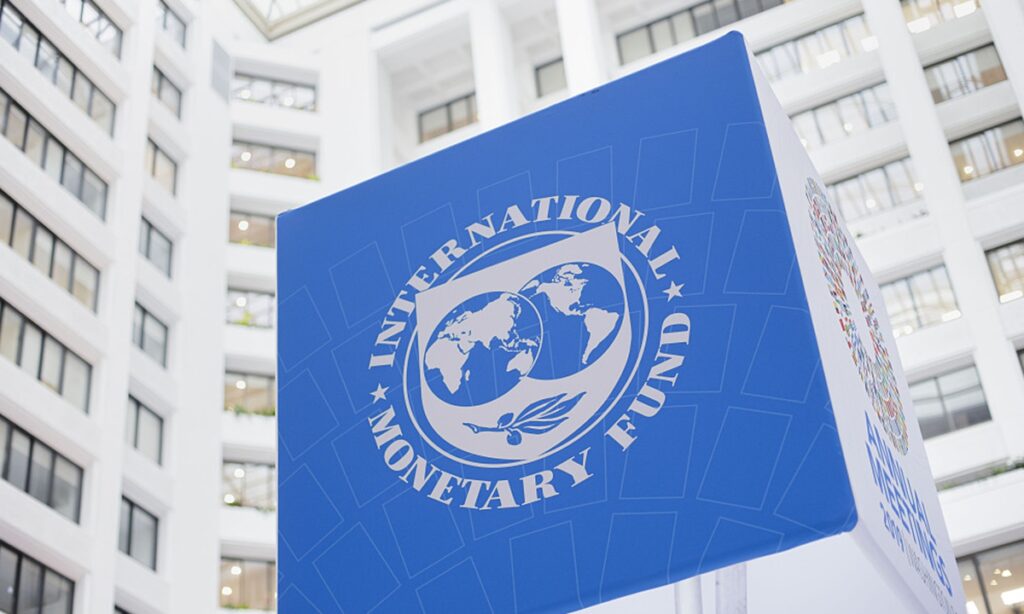Pandemic, Ukraine crisis, inflation to weigh on economies
The International Monetary Fund (IMF) on Tuesday slashed global growth forecast for 2022 to 3.6 percent amid the Russia-Ukraine conflict, 0.8 percentage points lower than the January projection, according to its newly released World Economic Outlook report.
The Ukraine crisis unfolds while the global economy is “on a mending path” but has not yet fully recovered from the COVID-19 pandemic, the report said, noting that global economic prospects have worsened “significantly” since the forecast in January.
A severe double-digit drop in gross domestic product (GDP) for Ukraine and a large contraction in Russia are “more than likely,” along with worldwide spillovers through commodity markets, trade and financial channels, the report showed.
2022’s growth outlook for the European Union has been revised downward by 1.1 percentage points to 2.8 percent due to the indirect effects of the conflict, making it a large contributor to the overall downward revision, according to the report.
The US economy is on track to grow 3.7 percent in 2022, 0.3 percentage points lower than the January projection, before growth moderating to 2.3 percent in 2023. The Chinese economy is expected to grow 4.4 percent in 2022, 0.4 percentage points lower than the previous projection, followed by a 5.1-percent growth in 2023, the report showed.
Global growth is projected to decline from an estimated 6.1 percent in 2021 to 3.6 percent in both 2022 and 2023, 0.8 and 0.2 percentage points lower for 2022 and 2023, respectively, than in the January projection, the report noted.
The report laid out five principal forces shaping the near-term global outlook: the Russia-Ukraine conflict, monetary tightening and financial market volatility, fiscal withdrawal, slowing growth in China, and pandemic and vaccine access.
Inflation has become “a clear and present danger” for many countries, IMF chief economist Pierre-Olivier Gourinchas said during the 2022 spring meetings of the IMF and the World Bank.
He said even prior to the Russia-Ukraine conflict, inflation surged on the back of soaring commodity prices and supply-demand imbalances, and many central banks, such as the US Federal Reserve, had already moved toward tightening monetary policy.
Conflict-related disruptions “amplify those pressures,” said Gourinchas. “We now project inflation will remain elevated for much longer.”
IMF Photo: VCG




